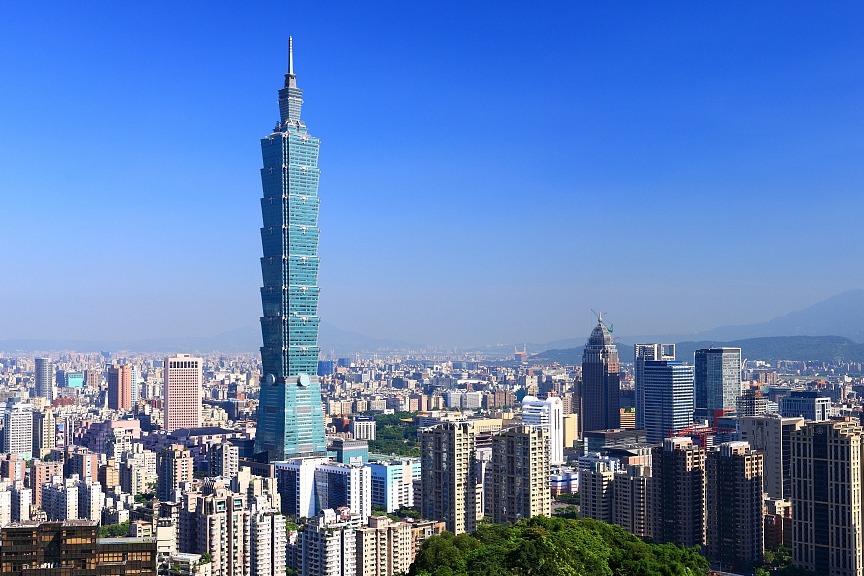Guidelines illuminate path of prosperity: China Daily editorial

The State Council Information Office released the white paper, titled CPC Guidelines for Governing Xinjiang in the New Era: Practice and Achievements, on Friday. The document comes at a meaningful moment, as Oct 1 this year will mark the 70th anniversary of the founding of the Xinjiang Uygur autonomous region.
Over the past seven decades, under the leadership of the Communist Party of China, Xinjiang has undergone a remarkable transformation. Particularly, in the new era, the region has markedly consolidated the foundation for peace, stability and development, highlighting Xinjiang's strategic importance to overall national development. No wonder the white paper says that Xinjiang is experiencing the best period of development in history.
Although Xinjiang is a border region, its development has never been a peripheral issue, but an issue of importance for national stability, security and development. In the new era, the central leadership has viewed Xinjiang's development from a holistic perspective featuring systematic thinking, foresight and down-to-earth pragmatism. This perspective has shaped a set of guidelines that combine law-based governance, ethnic unity, cultural confidence, prosperity and long-term stability into a comprehensive framework.
The guidelines are not abstract principles. By integrating stability and development, cultural bonds and economic progress, internal cohesion and external openness, the CPC has explored a governance model that is forward-looking and people-centered, as well as suiting Xinjiang's practical situation. The region's stability, good governance and development in recent years stand as proof of the effectiveness of the CPC guidelines for governing Xinjiang.
Above all, the CPC has consistently placed the interests of the people in Xinjiang at the forefront of governance in the new era. Whether in poverty alleviation, infrastructure development, cultural preservation or ecological protection, the guiding principle has been that all progress must translate into tangible benefits for local residents. From reliable livelihoods and housing to better education, healthcare and cultural services, people across the region have felt concrete improvements in their daily lives. A greater sense of gain, happiness and security is not a slogan but a lived reality.
This people-first approach also underpins the CPC's handling of such issues as ethnic relations and religious affairs. As the white paper stresses, fostering a stronger sense of the Chinese nation as one community is the foundation for long-term stability for the whole country, including Xinjiang. This unity is built not on uniformity, but on respect for diversity.
The languages, cultures and traditions of the many ethnic groups in the region are respected and protected according to law, while exchanges and integration are encouraged to strengthen bonds. Religious freedom is safeguarded under the law, while extremism is resolutely opposed. The aim is clear: to ensure that all ethnic groups live in harmony and share the benefits of development.
The CPC's guidelines for governing Xinjiang have also opened the door for the region to integrate with the wider world. As an important gateway of the Silk Road Economic Belt, Xinjiang is steadily expanding its role as a bridge linking China with Central Asia, Europe and beyond.
This opening-up process has brought not only new opportunities for trade and investment but also greater connectivity for local people. Openness, combined with stability, ensures that Xinjiang is not isolated but fully part of both the national and global economy. It is no longer the hinterland on China's economic map but the forefront of the country's high-standard opening-up.
It is this combination of stability, prosperity and openness that offers a strong rebuttal to the false accusations made by some external forces. For years, they have attempted to smear China with baseless claims about Xinjiang. But the reality on the ground is undeniable: Xinjiang is peaceful, its people are living harmoniously together and its development continues to improve the lives of millions. The white paper therefore is not just an account of Xinjiang's governance; it is a statement of the fact that Xinjiang's progress is the most convincing answer to its naysayers.
As Xinjiang continues to modernize, integrate with the world, and raise the living standards of its residents, it is demonstrating the effectiveness of its governance under the CPC's leadership.
Xinjiang's progress serves as an example for other border and multiethnic regions. It shows that under the CPC's leadership areas once suffering from instability can become regions of unity, vitality and opportunity. In this sense, Xinjiang is not only a story of regional transformation but also a template of Chinese modernization in practice, and a reflection of China's broader governance philosophy in the new era.


































